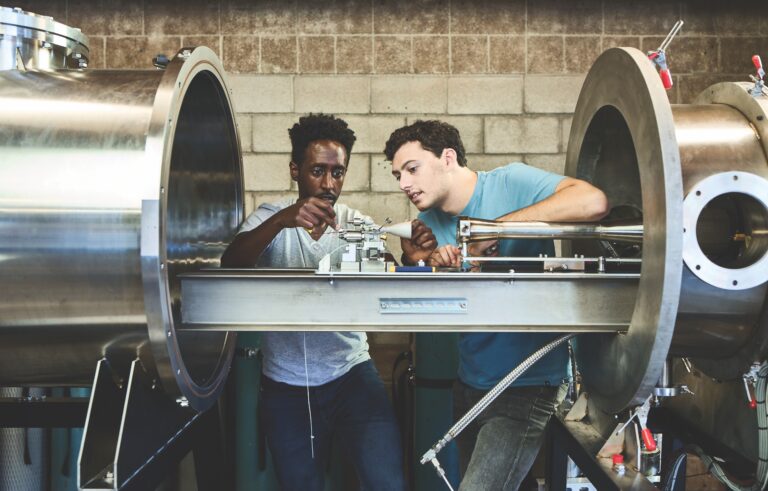
Impulse Space Inc., a space logistics startup operating out of Redondo Beach, closed its series A round with $45 million in new capital commitments to develop its line of orbital transportation vehicles.
RTX Ventures, the investing arm of RTX Corp. (formerly known as Raytheon Technologies), led the oversubscribed round, with additional capital from existing investors Founders Fund Management LLC, Lux Capital Management LLC, Space Capital LP and Menlo Park-based Airbus Ventures.
The influx of capital will primarily be dedicated to the development of Helios, a high-energy kick-stage vehicle designed to push payloads from low-Earth orbit to geostationary equatorial orbit.
RTX Ventures began investing in startups last year, and has since invested in 10 early-stage aerospace and defense ventures.
According to Barry Matsumori, chief operating officer at Impulse, RTX’s onboarding as an investor leaves open the potential for future mission deals with the aerospace conglomerate.
“We like this combination of having this investment from a very credible source and yet having the potential in future business with the parent organization,” Matsumori said.
The company began fundraising in late spring, qualifying its proprietary thrusters for space flight in the interim. The thruster, named Saiph, was designed to demonstrate that Impulse could develop a propulsion system in house.
The company will deploy its first spacecraft, Mira, in its first orbital mission, named LEO Express-1in a mission scheduled to launch in the fourth quarter.
Impulse last month announced two subsequent LEO Express missions, scheduled to launch in the second half of next year. Both missions will test Mira’s maneuverability using Impulse’s proprietary thrusters.
All three vehicles have reserved spots on Space Exploration Technology Corp.’s rideshare missions. Through the SmallSat Rideshare Program, companies including Impulse can purchase cargo slots on the Falcon 9 rocket to deploy payloads.
Founded in 2021 by SpaceX founding employee Tom Mueller, Impulse is among the leading aerospace propulsion startups. The company’s tech aims to power in-orbit adjustments for satellite and payloads. As the number of orbiting commercial assets grows dramatically, investors are betting on Impulse building the logistics system to direct traffic.
“The vision of having a small vehicle for intraorbital deliveries, and then a very large vehicle for interorbital deliveries, that kind of architecture made a lot of sense (to investors) to complete this logistics system,” Matsumori said.
Low-earth orbit is Impulse’s short-term testing ground for its propulsion capabilities, but the startup has ambitious plans.
Within its first two years of operations, Impulse has announced several partnerships with spacecraft startups. Next year the company will host the in-orbit fuel depot designed by OrbitFab, where its Mira vehicle will meet a U.S. Space Force satellite and attempt to refuel.
In June, Impulse was selected by Long Beach-based Vast to provide the propulsion system for the first commercial space station, which is set to launch in 2025. Down the pipeline is a mission to Mars in partnership with Long Beach-based Relativity Space, for which Impulse is developing a Mars Cruise Vehicle and lander.
